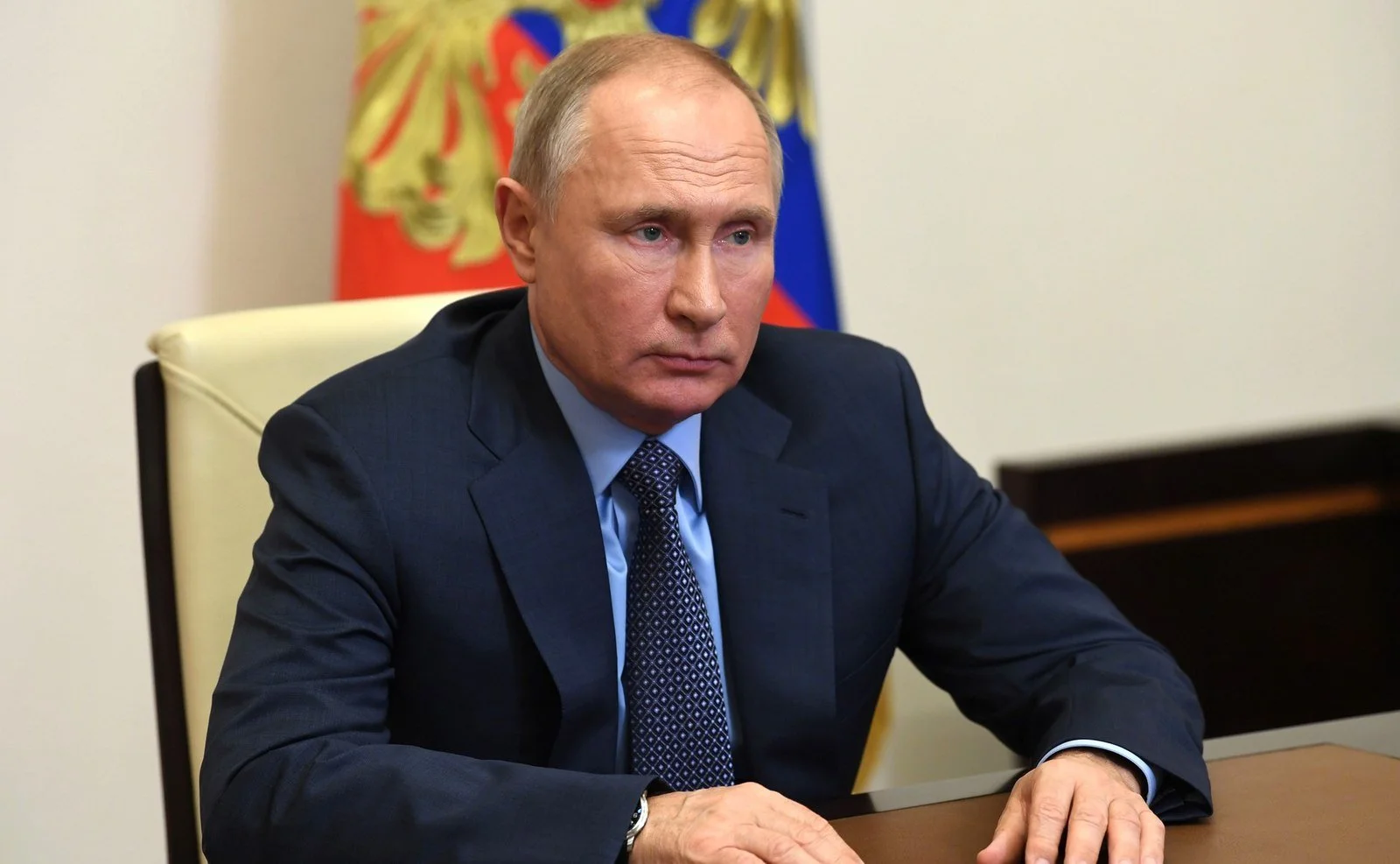US Senators sonspored legislation on encouraging embargoes on Russian oil
Russian President Vladimir Putin’s war in Ukraine has sparked debates over increased sanctions. (Wikimedia)
Eighteen U.S. senators sponsored legislation on March 3 encouraging embargoes on the purchasing of Russian oil amidst ongoing Russian aggression against Ukraine. House of Representatives Speaker Nancy Pelosi supports such legislation; however, the Biden administration has raised concerns that such actions will only cause more problems, and Russians would only benefit from such a move.
According to the American Fuel & Petrochemical Manufacturers, the U.S. imports an average of 209,000 barrels per day of crude oil, which is roughly only three percent of all crude oil imports and even less than one percent of crude oil used in refineries. When considering all petroleum in general, this figure accounts for about eight percent of all U.S. oil and refined products. While certain chemical compositions of crude oils from Russia prove important for production, Russian oil is still theoretically not vital to U.S. production.
These discussions come at a time of not just an active conflict in Ukraine, but also a sharp rise in the price of oil—increasing from under $70 a barrel to upwards of $110 in just three months. This price increase is also partially due to OPEC nations refusing to pump more oil to fill the worldwide shortage, only increasing production by a minor amount and not nearly enough to fill the gap.
Oil prices have reached a new high over the past five years. (FRED)
The Biden administration announced another small measure taken, under which nations agreed to release 60 million barrels from their respective strategic reserves. According to the U.S. Energy Information Administration, the U.S. consumed, on average, 18 million barrels of petroleum per day in 2020;as such, the release did little to diminish the rise in prices.
The Biden administration is also wary of unnecessary sanctions on Russia, with measures being taken to only selectively restrict Russian private, public, and personal business accounts from the international system. Such restriction is also evidenced in this case with the lack of sanctions. While there exist political benefits to opposing Russia, the international systems of finance are already taking their toll on the country. Not only are Russian oil exporters struggling to find new contracts for their oil—sometimes at steep discounts—but the exporters are also burdened with even higher prices to transport their goods to fulfill their current contracts. This hardship cuts into the political argument of direct U.S. funding to Russia through oil purchases.
Press Secretary Jen Psaki clarified the scope of the administration's view of sanctions, asserting, “To be clear: Our sanctions are not designed to cause any disruption to the current flow of energy from Russia to the world.”


